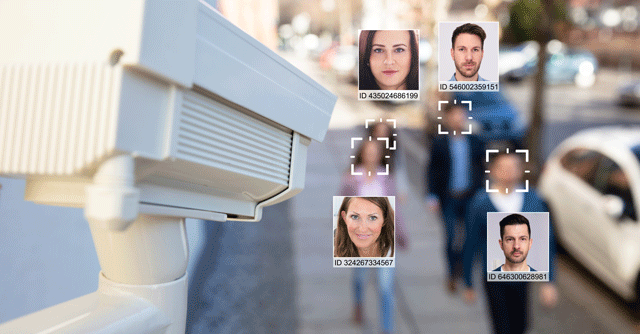
Almost 50 new facial recognition systems in India, but still no laws


Facial recognition technology, a common trope in dystopian novels, is creeping into everyday life in India, deployed at airports to verify travellers and by law enforcement to identify suspects, unfettered by privacy laws that should regulate the use of sensitive data.
Data compiled by digital rights advocacy body the Internet Freedom Foundation (IFF) through right-to-information (RTI) filings showed that authorities had deployed 124 facial recognition systems in India as of August. Until last November, that number was just 75, according to IFF.
But the rapid spread of the new but unproven technology has alarmed critics and civil liberty advocates, especially because India lacks a data protection law.

“There has been a rise in the use of facial recognition technology (FRT), especially in the past two years. It has come more into the limelight after Delhi Police used it in anti-CAA (Citizenship Amendment Act) protests,” said Anushka Jain, associate policy counsel (surveillance and transparency) at the IFF.
The rush to deploy such intrusive technologies without adequate protection is seen as a troubling sign by experts. In China, for instance, the Communist Party is using them at airports, streets and railway stations to crush dissent and enforce what it deems good behaviour. The Chinese government uses facial recognition to monitor the behaviour of its citizens through a social credit system. Like credit scores, a person with a low social score can be punished by restricting travel or access to the internet.
Facial recognition technology uses machine learning algorithms to extract data points from a person’s face to create a digital signature. This signature is then compared with an existing database to find possible matches. The system uses a network of cameras enabled with computer vision (that allows computers to derive information from digital images and videos). It can identify a wanted person in a crowd and alert the police.

Read full story on Livemint.
